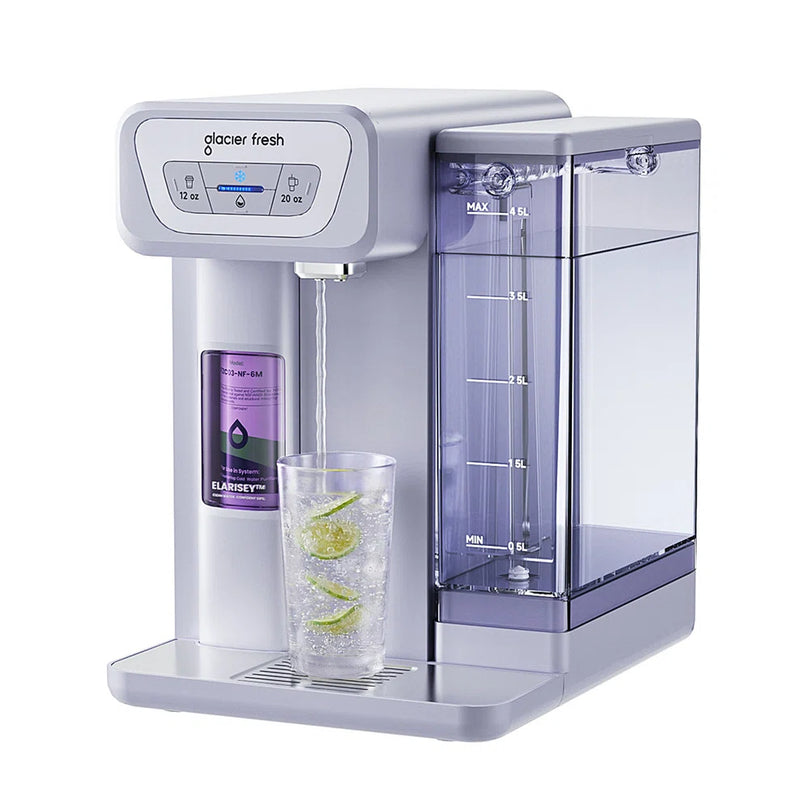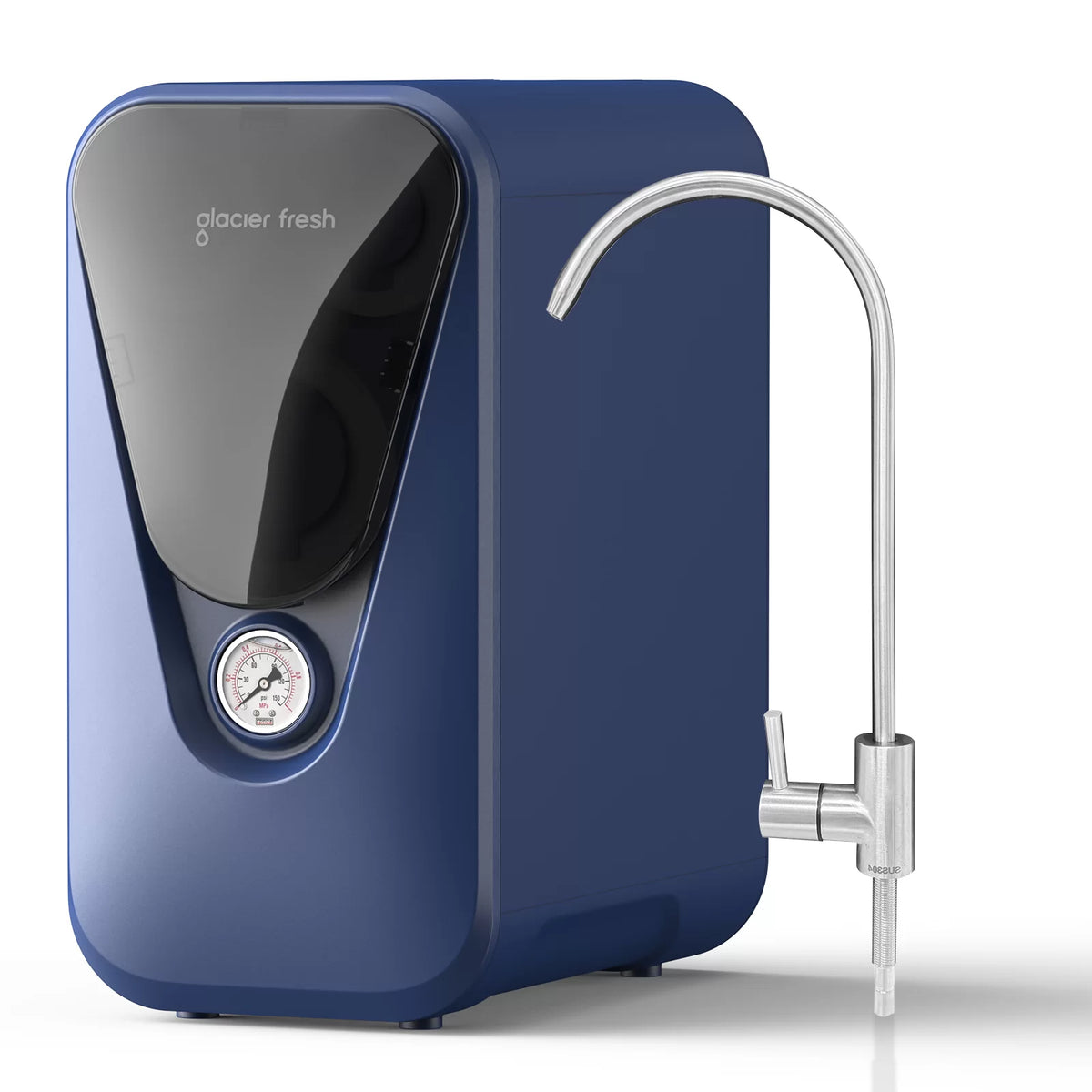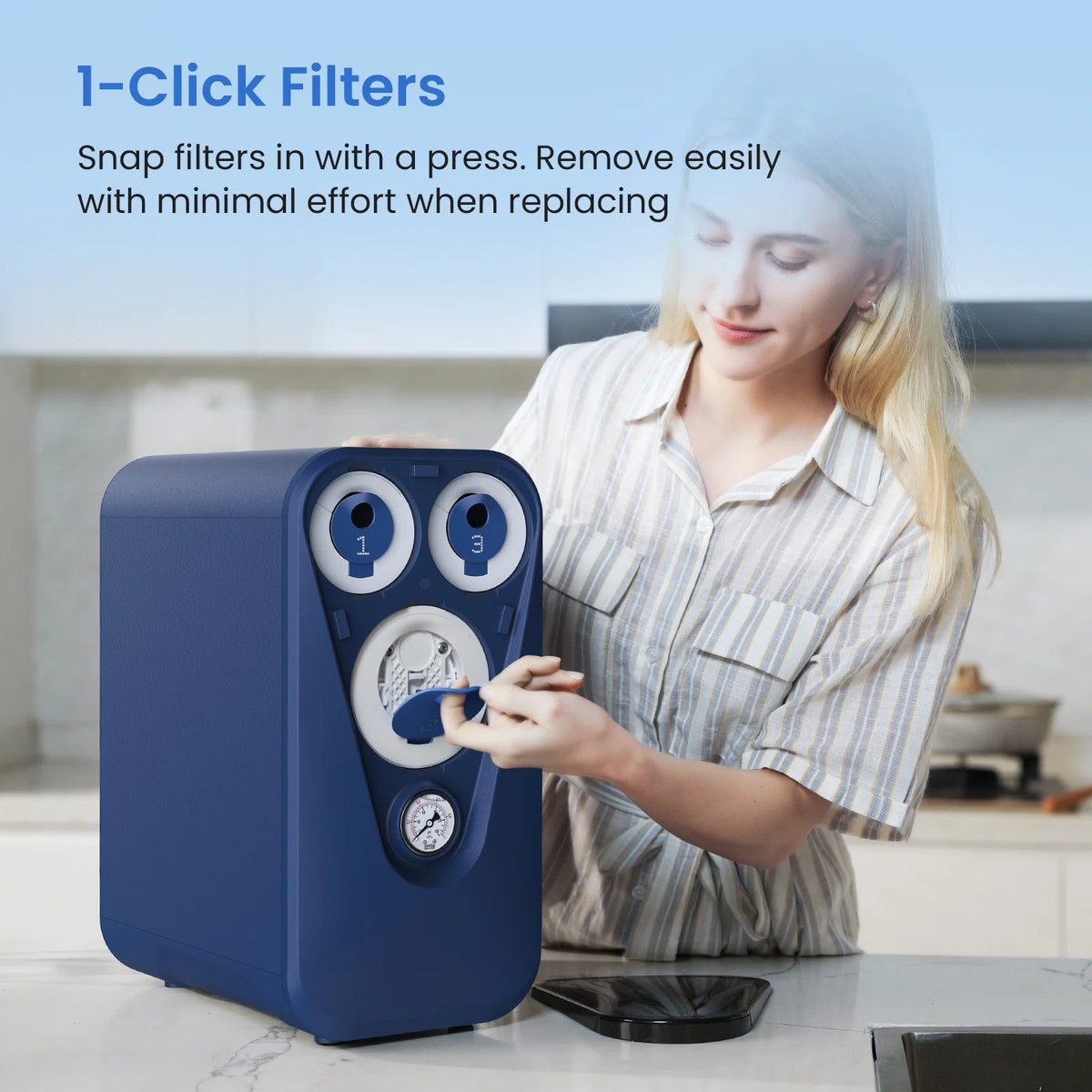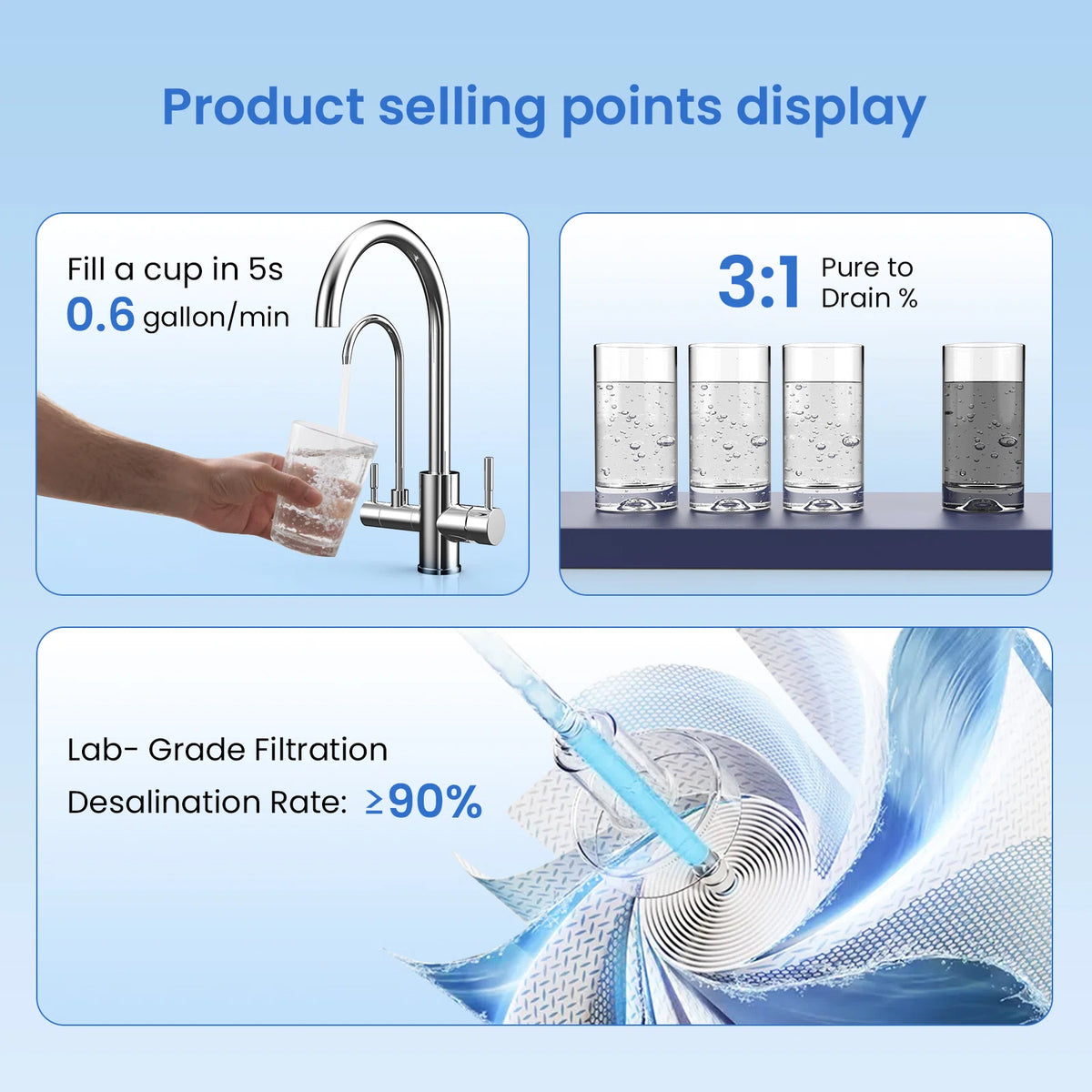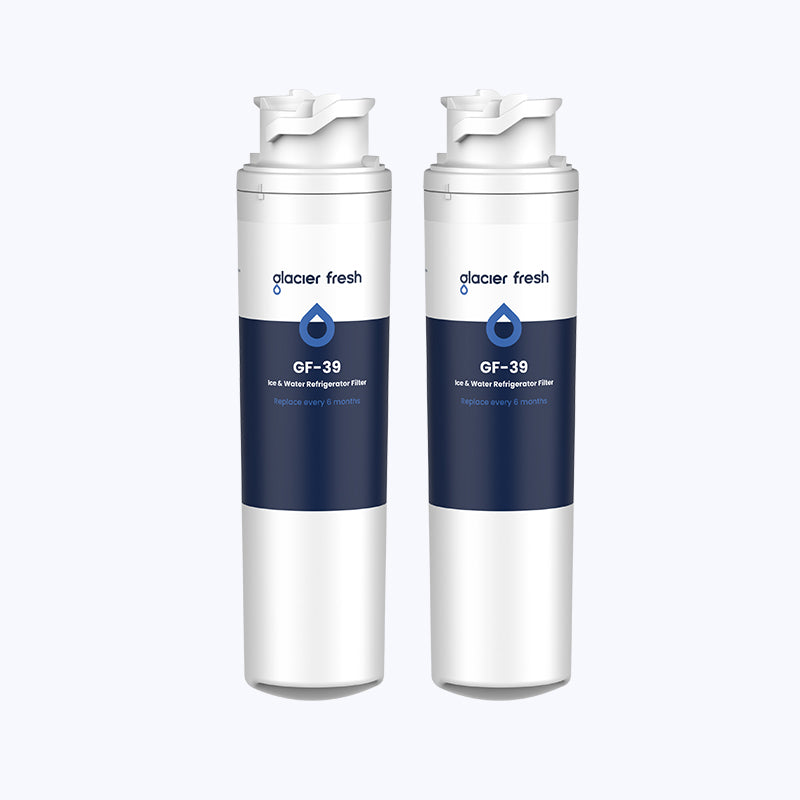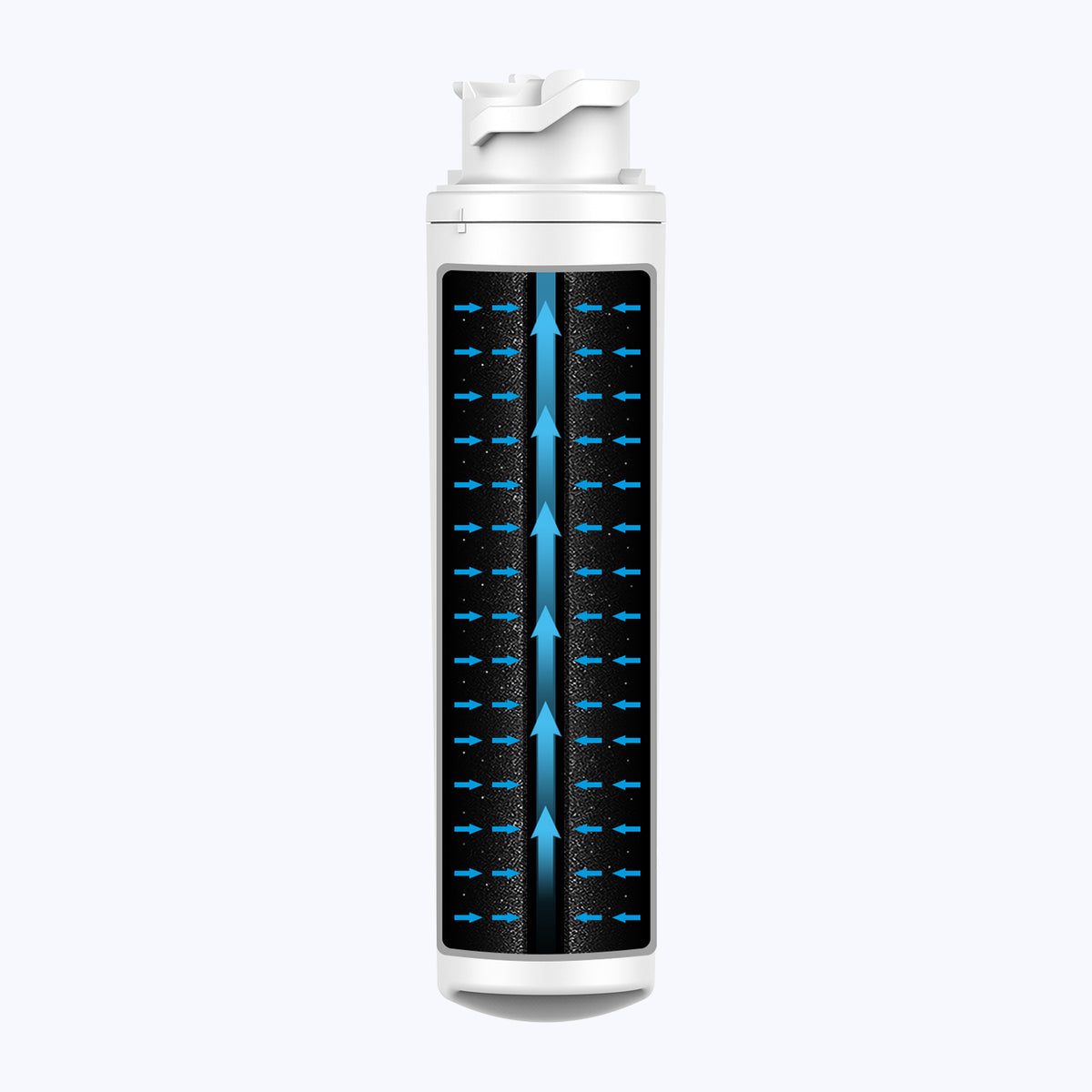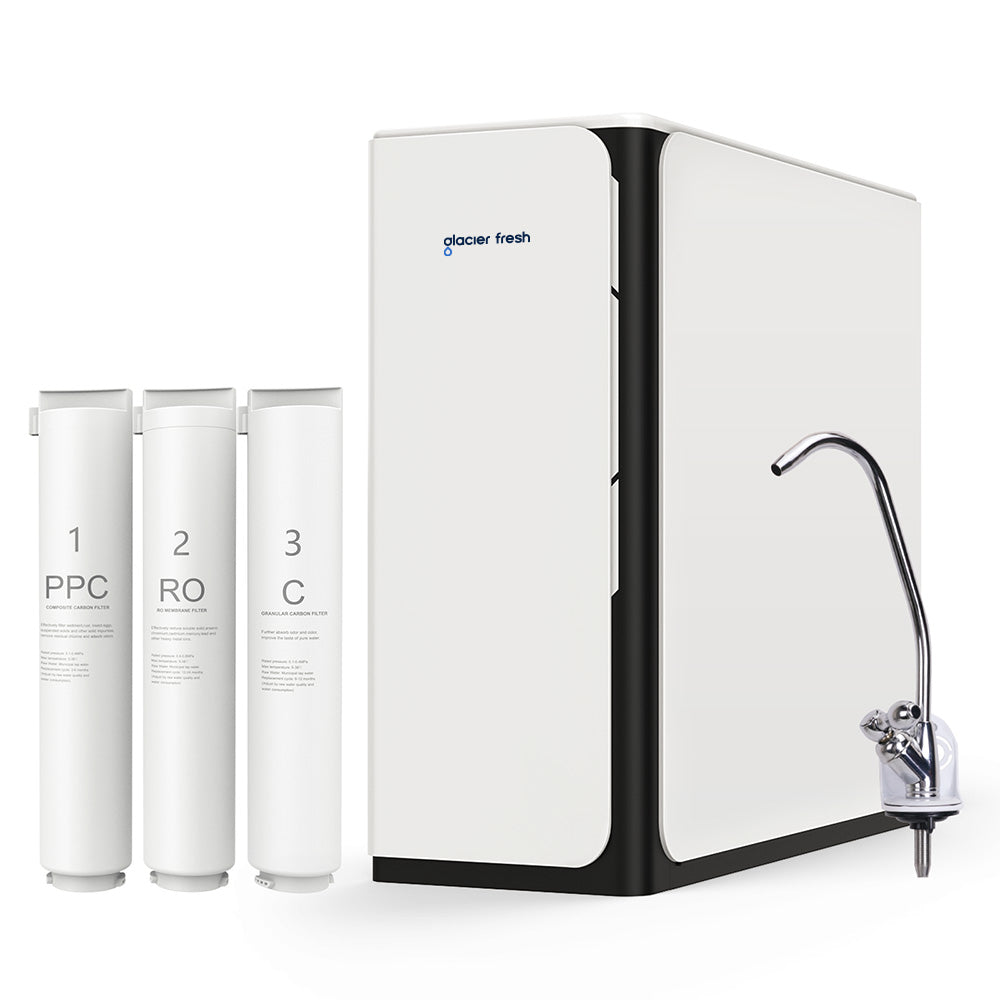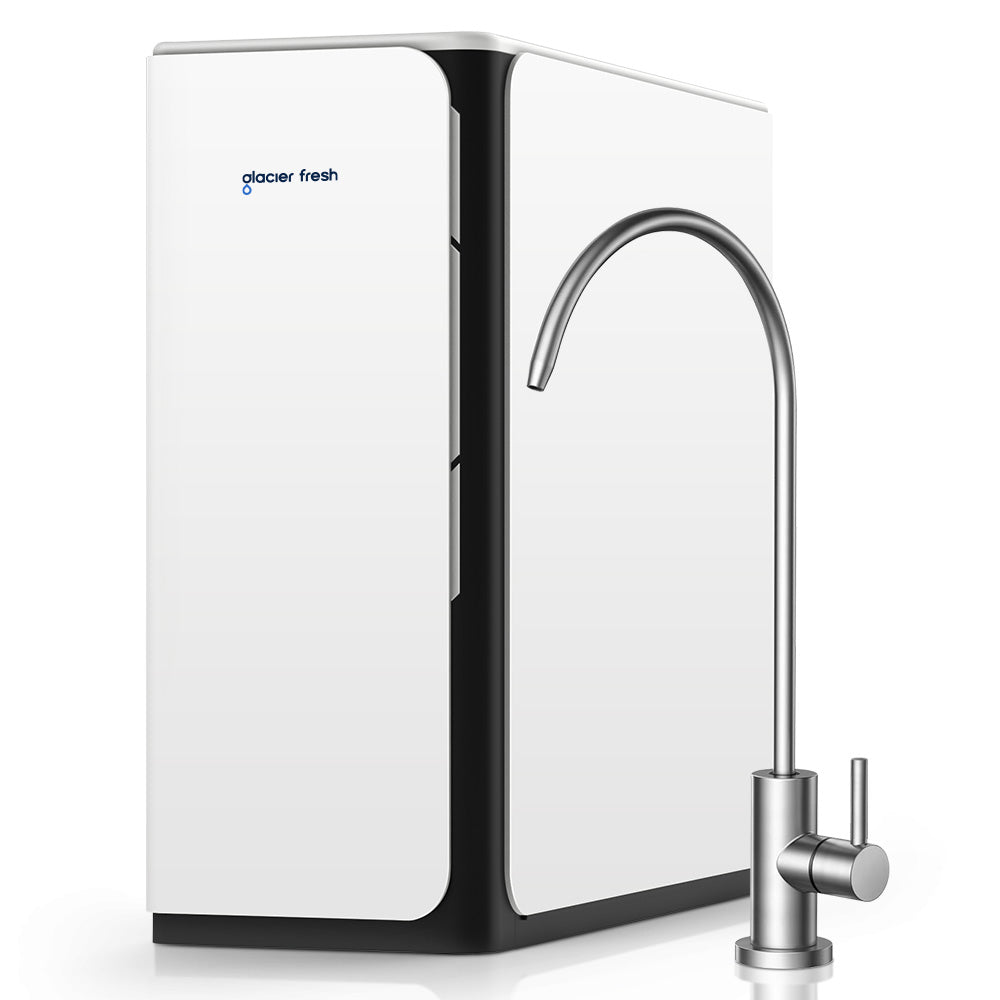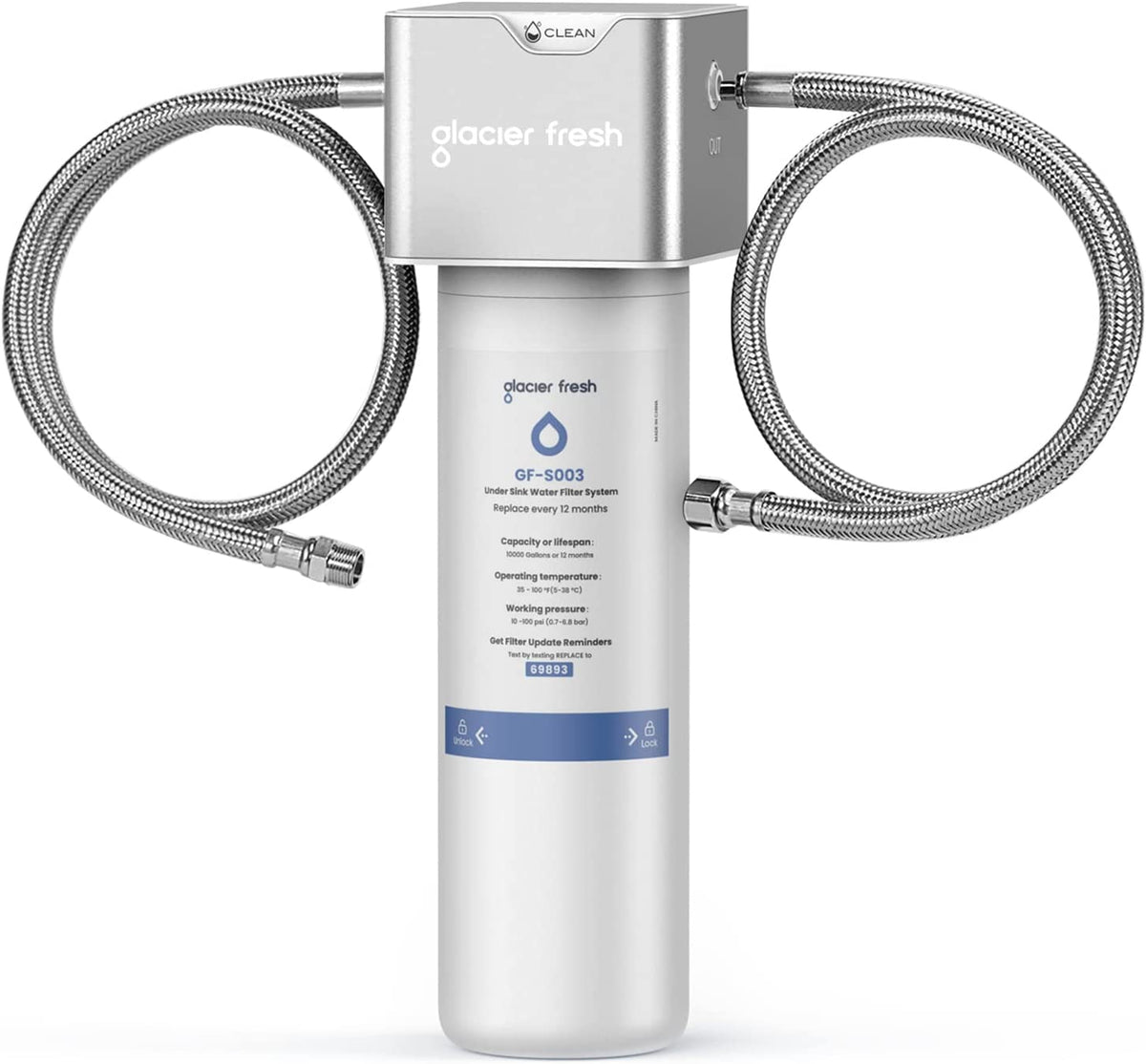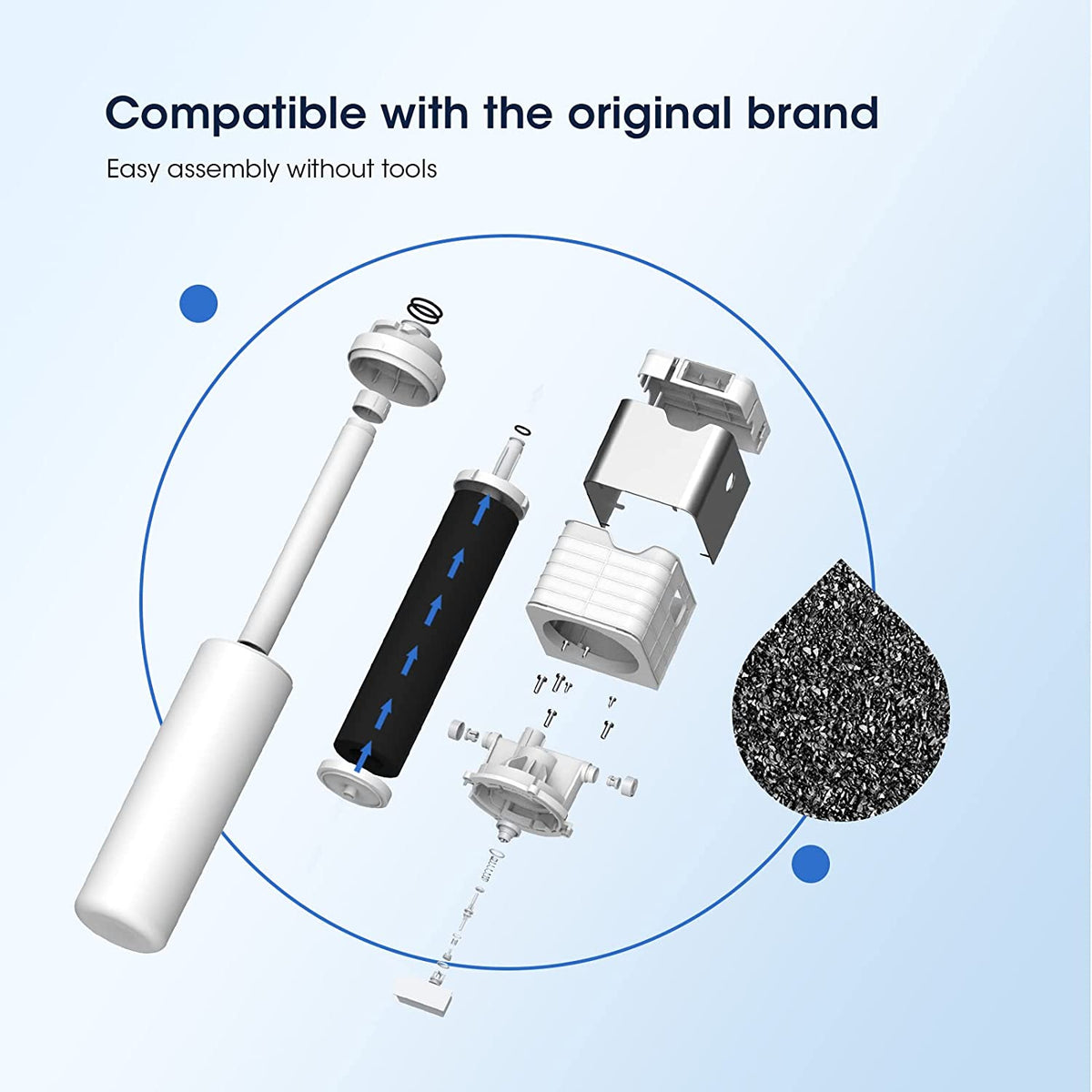RO filtration ensures that lead, chlorine, fluoride, and other impurities are removed from your drinking water. Reverse Osmosis water filtration is unrivaled when it comes to removing impurities from water in an efficient, cost-effective method.
Efficient Purification: RO systems boast an impressive purification rate of up to 99%, making them one of the most effective methods for removing microplastics, even those as small as 1 micron in size
Yes, both reverse osmosis systems and in-line filters can be used for drinking and cooking purposes. However, reverse osmosis systems provide a higher level of purification, making them suitable for areas with poor water quality or specific contamination concerns.
To conserve water, reverse osmosis systems should be used to treat water used for drinking and cooking only, not as a whole-house filter. Timely maintenance and upkeep of the system also helps to minimize water waste.







